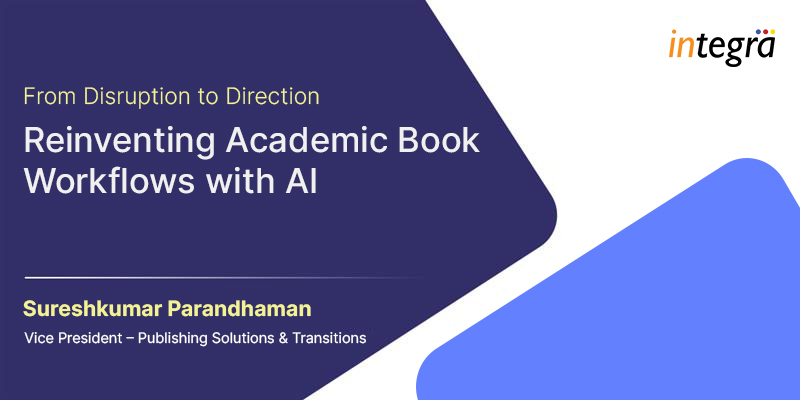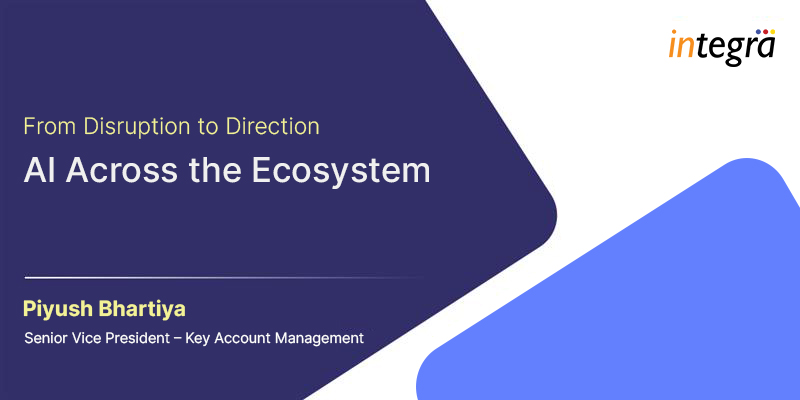Navigating the Future: Top Predictions for Peer Review and AI Integration in Scholarly Publishing

The scholarly publishing landscape is experiencing a transformative shift, primarily due to the evolving nature of the peer review process and the emergence of Artificial Intelligence (AI) in this domain. Historically, peer review has been the bedrock of academic publishing, fostering credibility and scholarly discourse. Concurrently, the Open Access (OA) Movement is democratizing knowledge access, while Open Peer Review (OPR) is redefining the transparency and accountability paradigms in academic scrutiny.
Current Trends in Peer Review
Traditionally, peer review has been a process shrouded in confidentiality and selectivity, ensuring that scholarly work meets the highest standards of research and publication. Its significance in maintaining the integrity of academic work cannot be overstated. However, this process is not without its challenges, such as time constraints and potential biases.
AI’s introduction into peer review marks a new era of efficiency and precision. AI algorithms are increasingly being used to streamline the review process, from initial manuscript sorting to detailed data analysis, hinting at a future where technology and human expertise coalesce to enhance scholarly communication.
Transparency and Openness have become pivotal in the modern peer review landscape. The shift towards open models is a response to the academic community’s demand for more transparent scholarly communication. Speed and Efficiency are also at the forefront of current trends, with various initiatives aimed at streamlining the review process. Moreover, AI’s role in enforcing compliance with OA standards and ethical guidelines is becoming increasingly prominent. From detecting plagiarism to ensuring data integrity, AI tools like AuthorPilot are becoming essential in maintaining the scholarly publishing ecosystem’s credibility.
AI’s Emerging Role in Peer Review
From 2012 to 2022, the publishing landscape underwent a significant transformation, with closed access models, which once dominated 70% of the market, giving way to open access models now embraced by 54% of publishers. For journal publishers navigating this shift, an AI-powered content creation and publishing platform offers numerous advantages, including the key benefit of intelligent automation to expedite workflows.
Automated Manuscript Screening
AI-driven screening streamlines manuscript evaluation in several key areas:
- Ethical Standards: AI tools scrutinize manuscripts for ethical compliance, checking for necessary approval statements, consent processes, proper disclosures, and adherence to funder mandates like grant details and trial registrations.
- Journal Compatibility: AI assists in preliminary checks to align manuscripts with journal criteria, evaluating article type, writing quality, data representation, and basic formatting.
- Reporting Guidelines Adherence: Automated systems efficiently assess compliance with essential reporting standards set by the EQUATOR Network, ensuring research integrity
Data Analysis Tools
Advanced AI tools are assisting in the meticulous task of data verification within manuscripts. By analyzing data sets for consistency and accuracy, these tools are enhancing the reliability of research findings.
Top Predictions for the Future
Prediction 1: Enhanced Manuscript Matching
AI is expected to become increasingly sophisticated in aligning manuscripts with the most appropriate reviewers, based on expertise and research interests. This targeted approach promises to improve the quality and relevance of peer review.
Prediction 2: Bias Reduction
AI has the potential to significantly reduce human bias in the review process by providing objective assessments based on pre-set criteria, thus promoting fairness and impartiality in scholarly publishing. Publishers should look to include AI tools that would have checks such as DEI to aid the process.
Prediction 3: Real-time Collaborative Review and Post-Publication Peer Review
The future might see the advent of AI-enabled platforms facilitating real-time, collaborative review processes, allowing for more dynamic and immediate feedback between authors and reviewers. Alongside, PPPR is emerging as a dynamic and ongoing evaluation method, allowing for continuous scholarly discourse and assessment even after publication.
Challenges and Ethical Considerations
Addressing Bias in AI
While AI expedites peer review, it presents challenges. AI may struggle with assessing a paper’s relevance and fully understanding its context within existing literature. It might not accurately judge method suitability or data support for conclusions, potentially leading to reviews that lack original expert insight. Furthermore, AI risks inaccuracies due to ‘hallucination’ and biases from training data. Confidentiality concerns arise when feeding manuscripts into systems, posing potential copyright and plagiarism issues. Additionally, there’s a risk of overreliance on AI for content summarization.
Maintaining Human Oversight
Despite AI’s growing role, the need for human judgment remains paramount. Balancing technological efficiency with human insight is crucial for maintaining the integrity and quality of the peer review process.
Conclusion
As we look forward, the integration of AI in peer review presents a landscape ripe with opportunities for enhanced efficiency, reduced bias, and greater transparency. However, this journey necessitates a cautious approach to preserve the sanctity and ethical standards of scholarly communication. We invite our readers to engage with this evolving paradigm and explore AI-based solutions with us.
Recent Blogs

Research Integrity vs. Publication Integrity: Clarifying Responsibility in Scholarly Publishing

From Disruption to Direction: Reinventing Academic Book Workflows with AI


